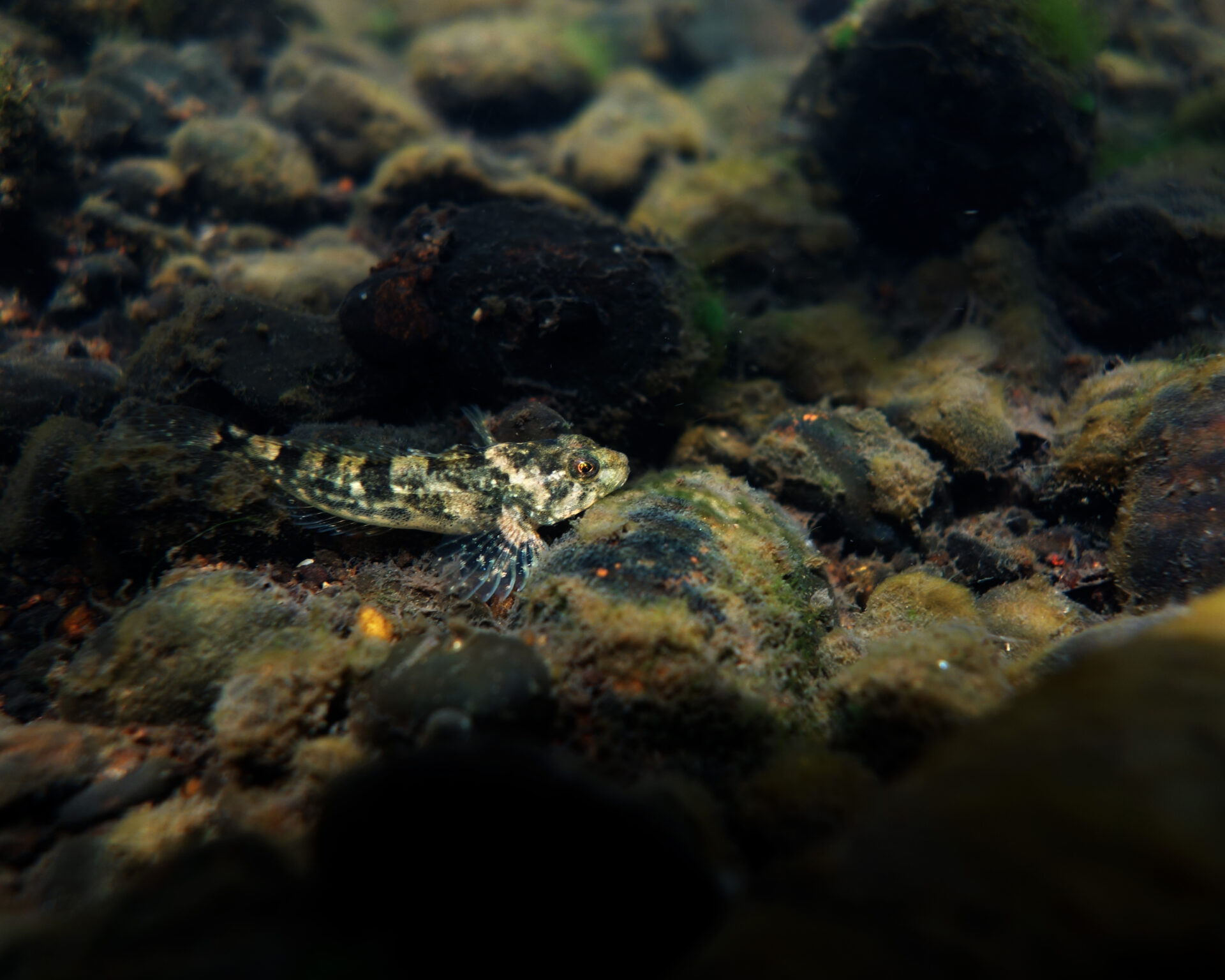Ojibwe book club inspires and educates
The calendar has flipped to 2024. Our staff members are already tackling new projects. Before they move too deeply into the new year, however, some staff members took a moment to retain the glow of their favorite 2023 project. Anne Moser, senior special librarian and education coordinator, shared her thoughts. This is the final post in this series.
My favorite project in 2023 was the Maadagindan! Start Reading! book club. Each month, educators, librarians, parents (anyone who loves to read with children) meet on Zoom to explore a children’s book written by an Ojibwe author.
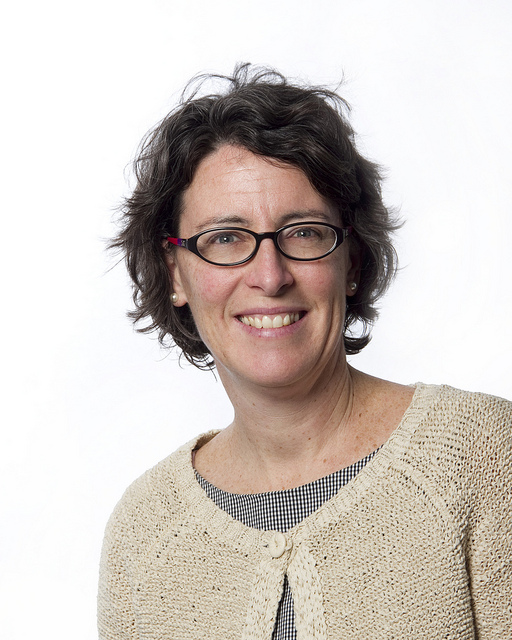
Anne Moser. Image credit: Wisconsin Sea Grant
The book club was launched in the spring of 2022 and was created by Morgan Coleman, an intern shared between the Great Lakes Indian Fish and Wildlife Commission and Wisconsin Sea Grant. The project has been a labor of love since the start, and I owe much of its success to two groups of people: the incredible students I have mentored over the years and the inspiring honored guests that join us for discussions.
Two community-engaged scholars planned our 2023 meetings: Maya Reinfeldt chose the books in the spring and India-Bleu Neihoff in the fall. Neither had experience in choosing books for discussion or in researching and writing supporting materials for our meetings but both took on the challenge with passion. Mentoring these talented students is an inspiration for me.
The other key to our success was the honored guests who shared their knowledge, insights and wisdom. It is essential that we include a Native voice in our meetings to guide our conversation. In 2023, we were fortunate to have both authors and illustrators join us. Two of our guests stand out: Denise Lajimodiere, author of Josie Dances and enrolled Citizen of the Turtle Mountain Band of Chippewa, Belcourt, North Dakota, and Nicole Neidhardt, a Diné (Navajo) of Kiiyaa’áanii clan and illustrator of Braiding Sweetgrass for Young Adults. Both talked about their craft of writing and illustration, their own experiences as a young Native person reading books by Native and non-Native authors and their connections to the words and pictures in these beautiful stories. Each left us with thoughts on how to integrate the work into our lives and how to move forward in the world with a new perspective.
Every month when our meeting ends, I can’t wait to meet again. It has transformed the way I do my work as an educator and a librarian.
Please join us! Visit our web page to learn more.
The post Ojibwe book club inspires and educates first appeared on Wisconsin Sea Grant.Blog | Wisconsin Sea Grant
https://www.seagrant.wisc.edu/blog/ojibwe-book-club-inspires-and-educates/

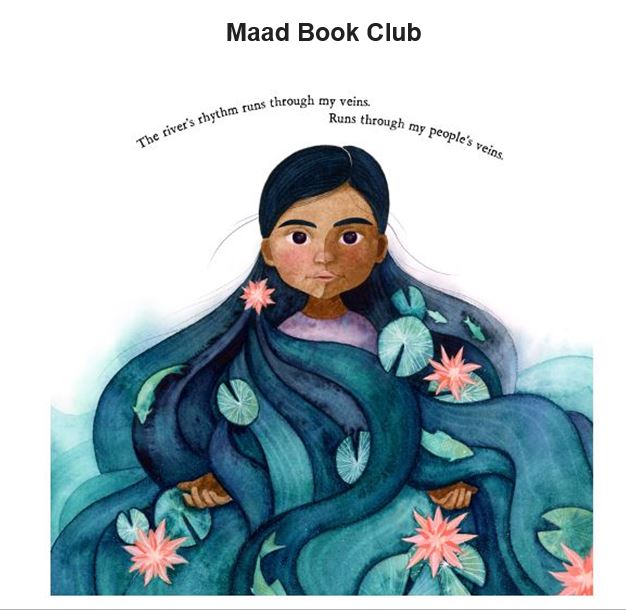
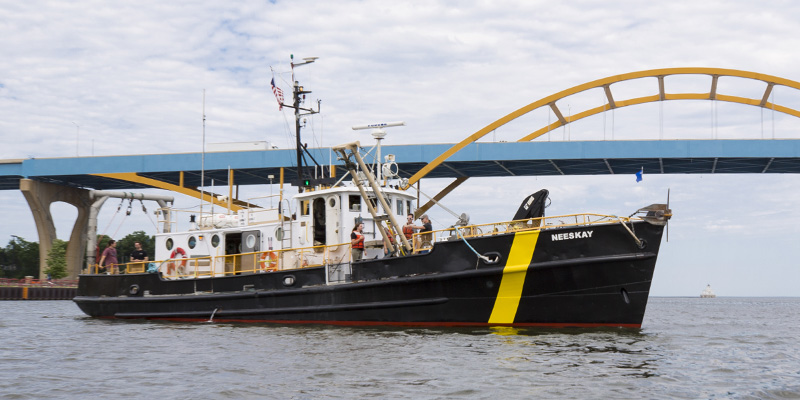
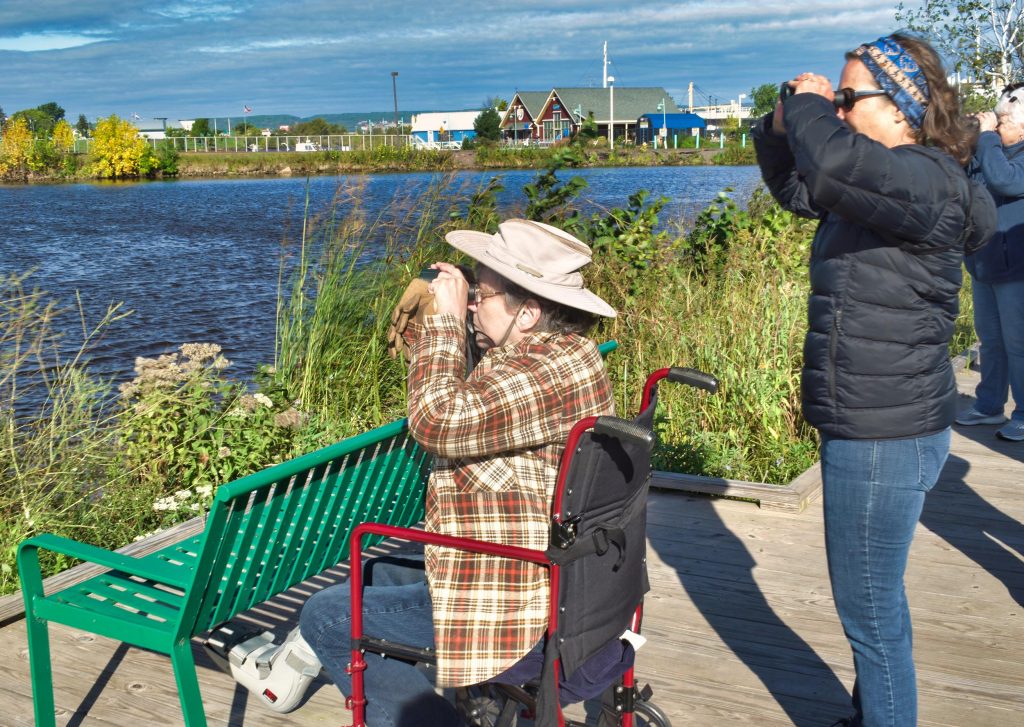
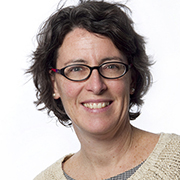
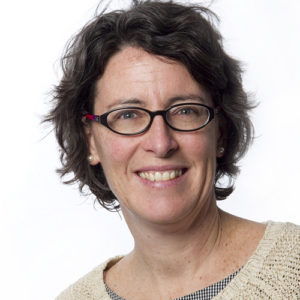
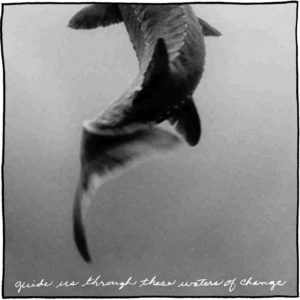 Ancient Survivors
Ancient Survivors